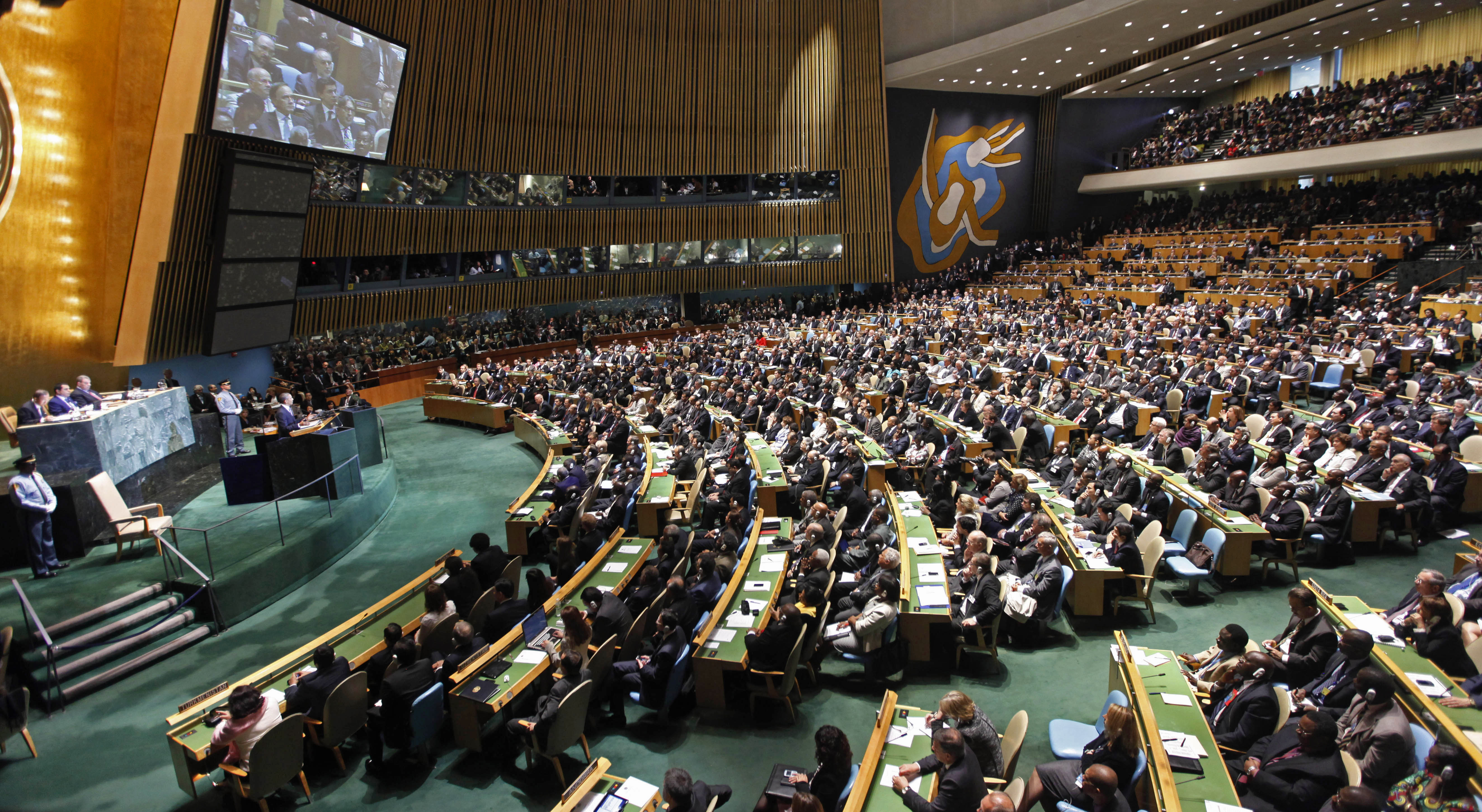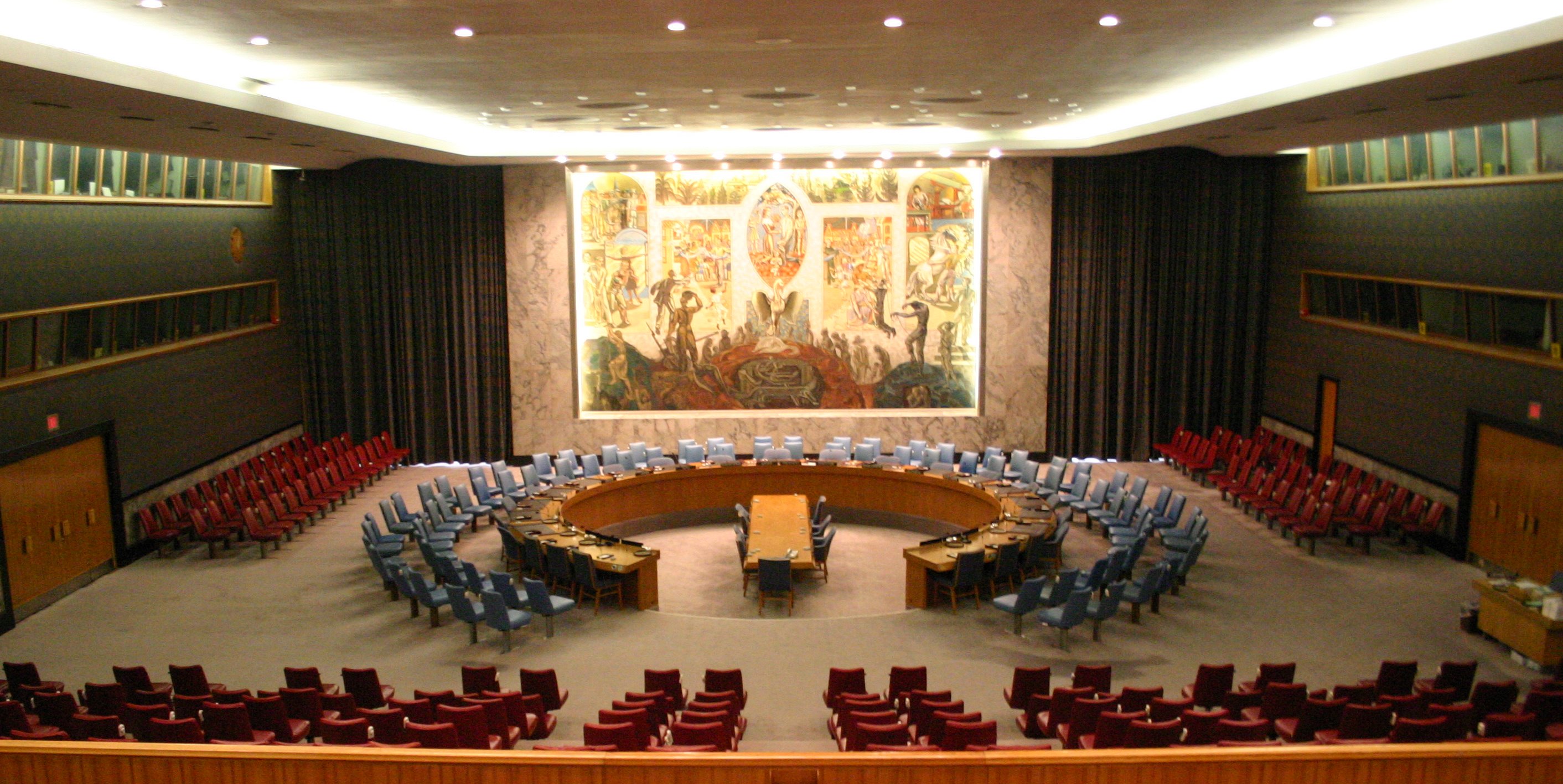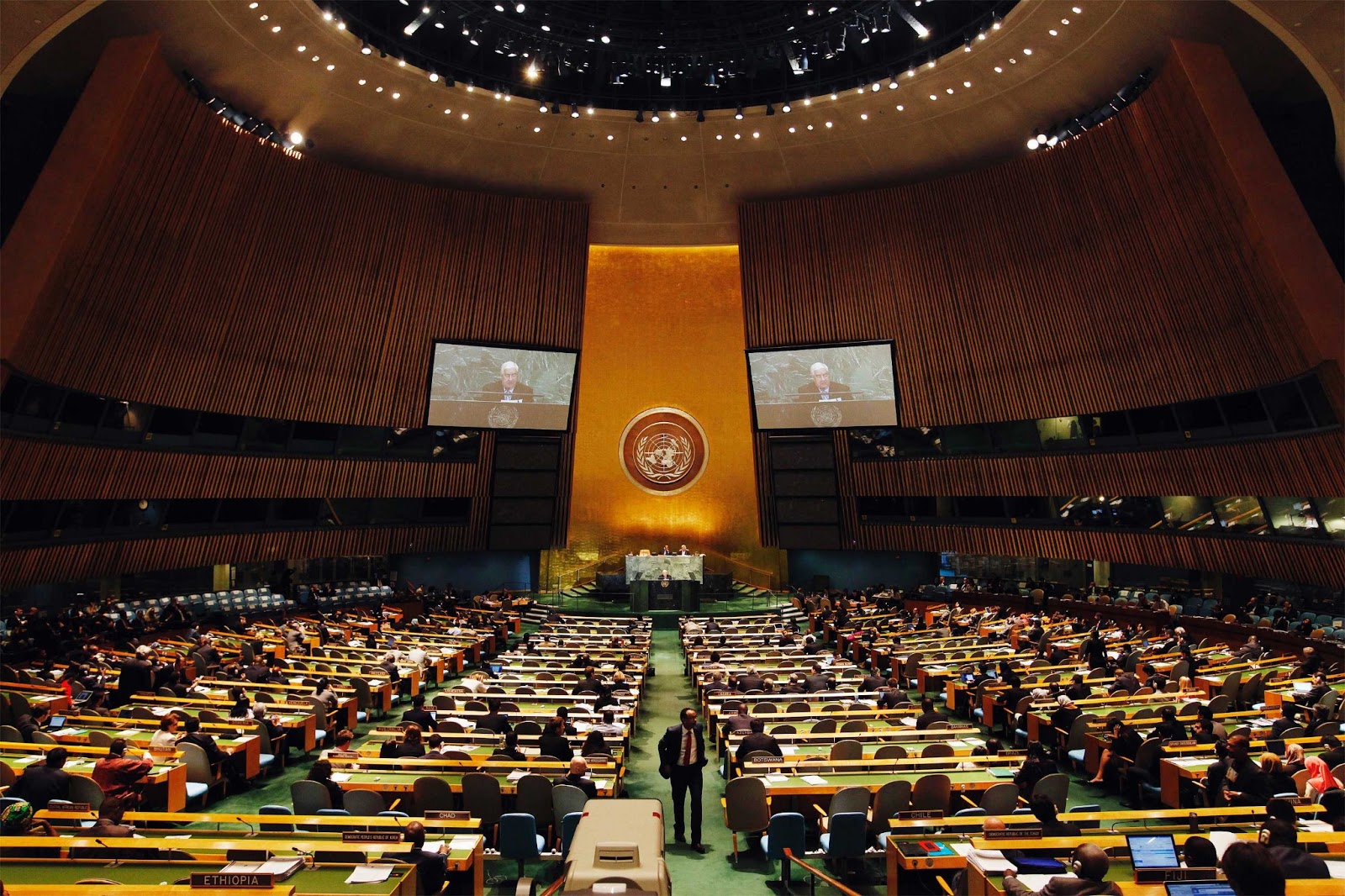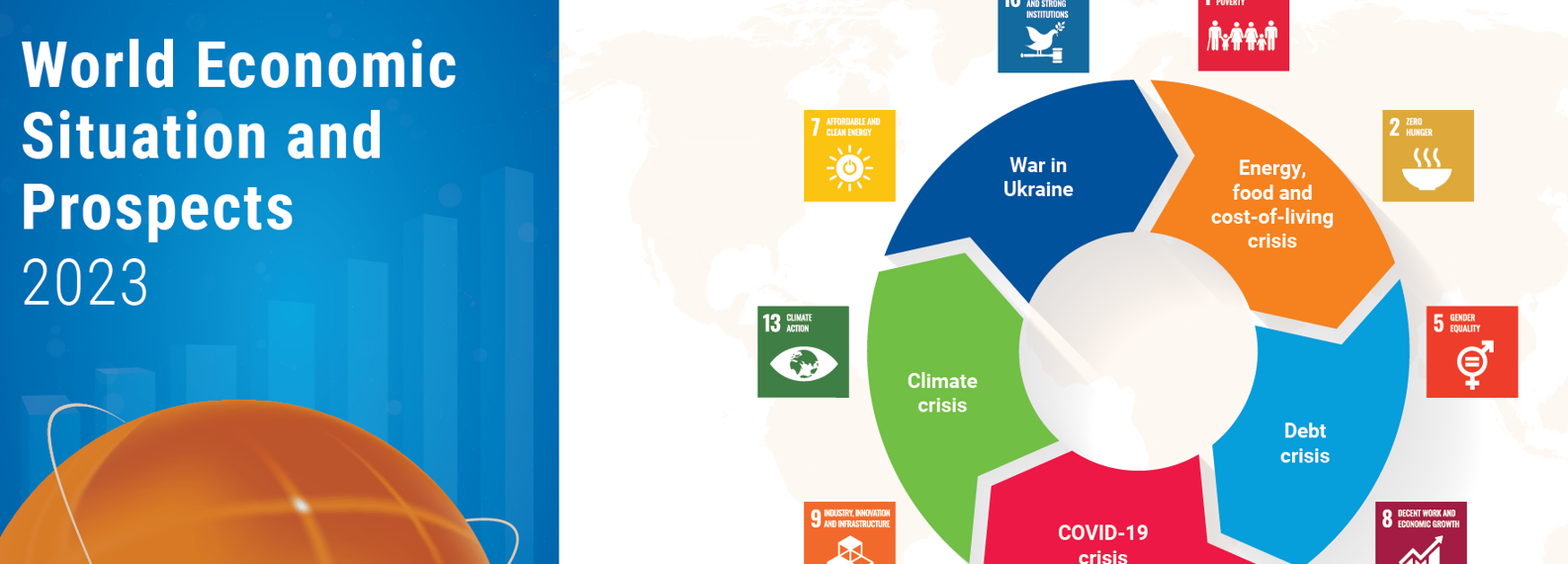A massive gap in investment and the adoption of low-carbon technologies between the developed and developing countries persist, threatening the urgent need to accelerate the energy transition as well as the achievement of the SDGs.
Monthly Briefing on the World Economic Situation and Prospects

Higher domestic food prices are a major driver of food insecurity, especially for poor households whose incomes are stagnant or declining. Countries that already faced protracted food crises before the COVID-19 pandemic and the war in Ukraine have been the most affected by the recent food price increases.

Microchips are central to modern industries, ranging from consumer goods, industrial production to national defence. While chip supply shortages, notable during the pandemic, have now largely eased, this has been uneven across user sectors.
Medium-term growth prospects are clouded by scarring from the pandemic, the ever-worsening impact of climate change, and structural macroeconomic challenges, such as anaemic investment and mounting debt vulnerabilities.

Medium-term growth prospects are clouded by scarring from the pandemic, the ever-worsening impact of climate change, and structural macroeconomic challenges, such as anaemic investment and mounting debt vulnerabilities.

Monetary policy cycles in developing countries will increasingly diverge in 2023 as several central banks are expected to further raise interest rates, while others may find policy space to hold, or even cut, rates.

The lingering war in Ukraine has been weighing on global economic activity since early 2022, undermining post-pandemic recovery. The initial impact of the conflict on energy and commodity prices appears to have waned, although some risks on the supply side may re-emerge, and challenges to Europe?s energy security remain.

Persistently high inflation in both developed and developing economies is eroding real incomes. External financing conditions for developing economies have deteriorated due to the monetary tightening measures to counter inflation in developed economies.

It is crucial for central banks to maintain a ?nominal anchor? to stabilize inflation expectations. Currently, exchange rate targeting, monetary aggregate targeting, and inflation targeting are used as nominal anchors.
 Welcome to the United Nations
Welcome to the United Nations